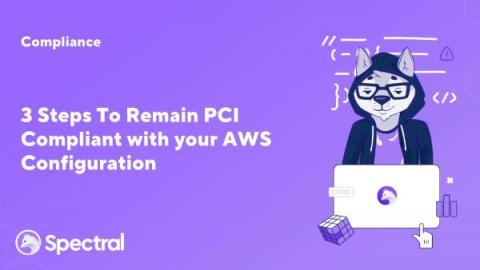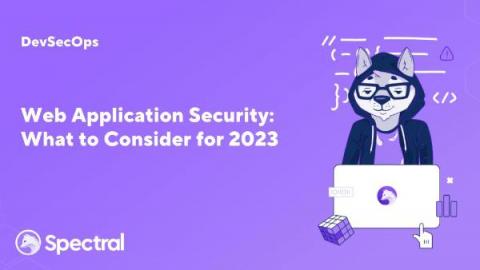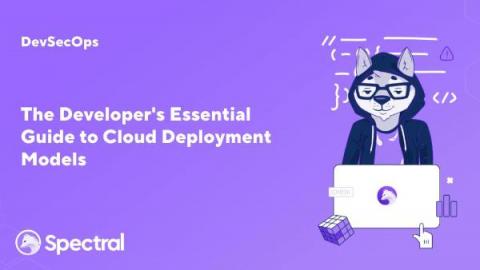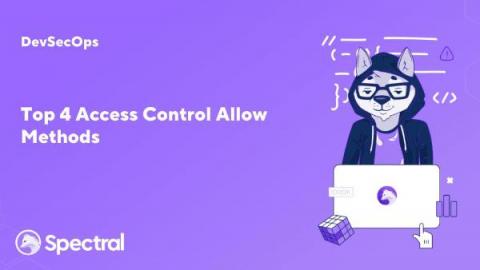What is OS Hardening and How Can Developers Implement it
As cyber threats become increasingly advanced and complex, organizations are forced to adopt a military attitude of ‘war footing’ to secure their systems and servers. Although the use of new technologies has increased to manage complex workloads and operations, the vulnerability of data stored on devices continues to be a worry. Accenture research revealed that cyberattacks have soared by a shocking 125% yearly.











